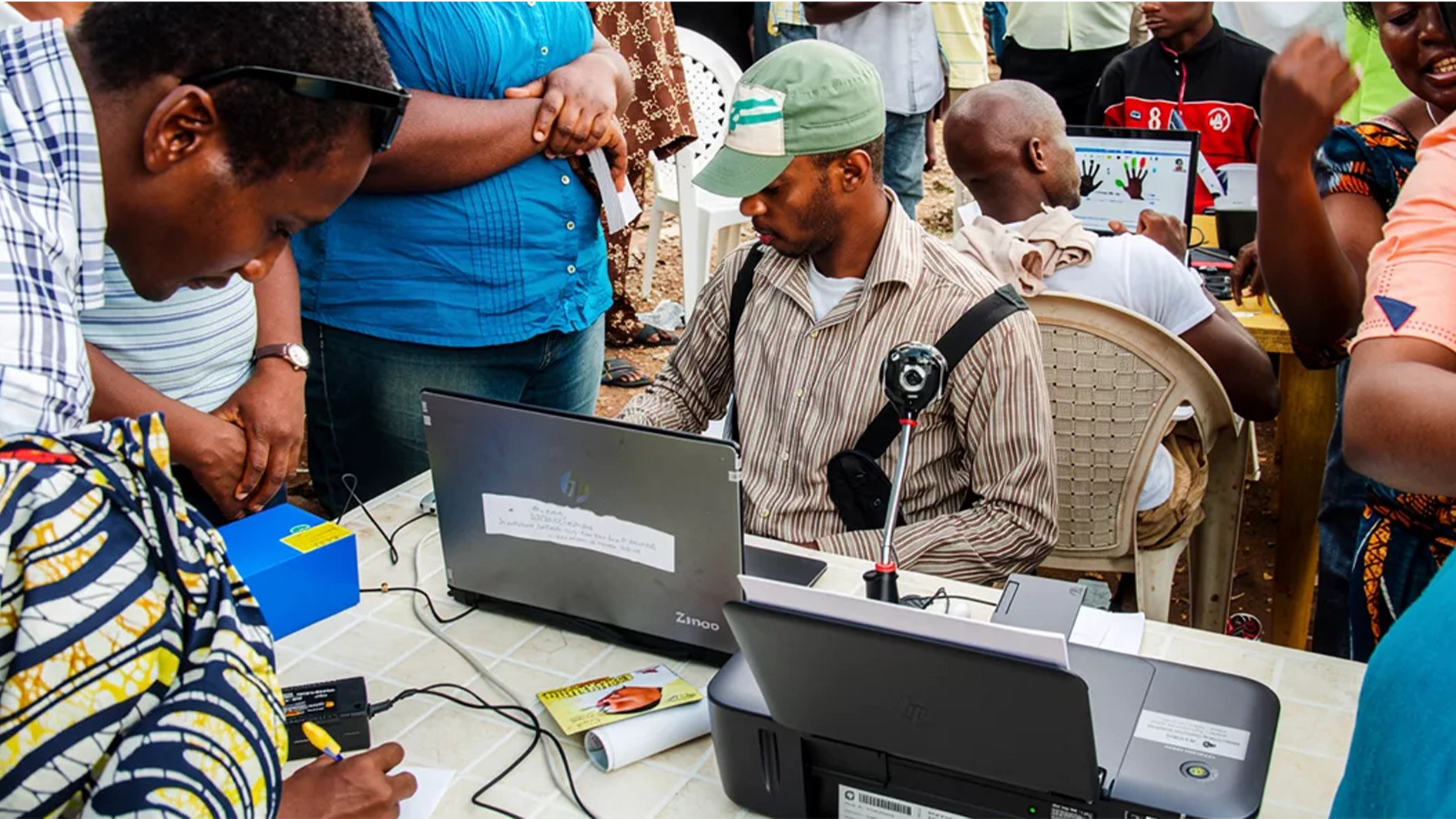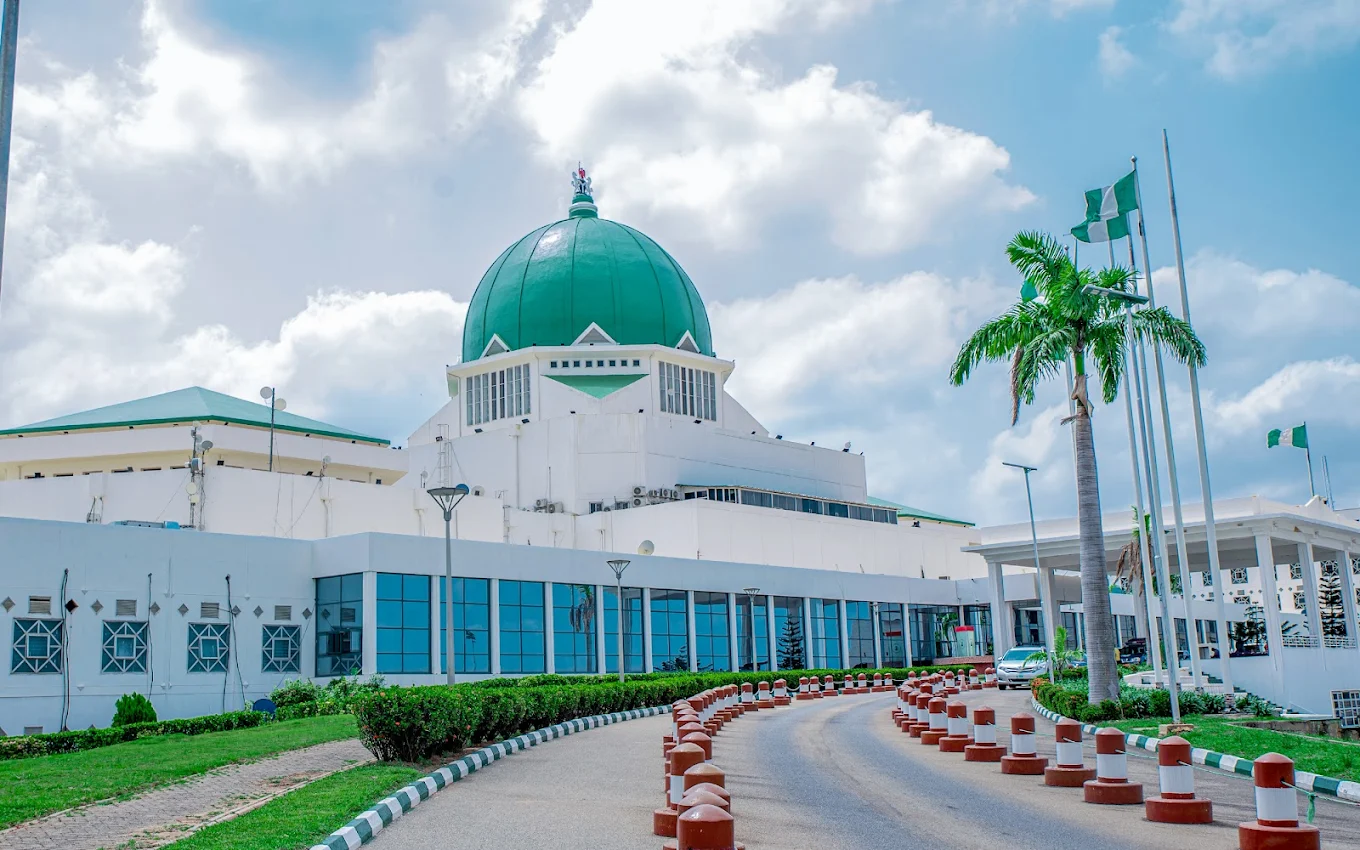The resolution by Burkina Faso, Mali and Niger to exit the International Criminal Court (ICC) over some allegations against the global justice platform, particularly at a time when the Sahel region is still engulfed by turmoil, the end of which no one can predict, may not be in the best interest of the vulnerable citizens of the countries and even their African neighbours.
As courts are referred to as the last hope of the common man in most societies, the ICC is also the last hope of the citizens and countries when it comes to certain crimes against which people cannot get justice in their national courts. The fear about the withdrawal is that the populations in Burkina Faso, Mali and Niger will, either deliberately or otherwise, be deprived of a crucial international avenue to seek justice and redress when every other platform has failed to give it to them.
The three countries are admonished to reconsider their decision and remain with the ICC in the interest of their citizens, whose security and welfare should be the utmost reasons the governments exist. Going ahead with the planned exit, at a time when the civilians are becoming more vulnerable to attacks in the war between government forces and jihadist forces, will amount to undermining the value of their lives. And that will be an unpardonable disappointment.
The ICC, which the three countries are rejecting today, was actually conceived to save humanity, including people of the Sahel, from the peril to which some heartless people put their fellow human beings from time to time in different parts of the world. The journey started about 50 years ago when the United Nations first recognised the need to establish an international criminal court to prosecute crimes such as genocide.
The global body observed with serious concern that at different periods of history, genocide has inflicted great losses on humanity. It became convinced that, to liberate mankind from such an odious scourge, international co-operation is required. Thus, in its Resolution 260 of December 9, 1948, the General Assembly adopted the Convention on the Prevention and Punishment of the Crime of Genocide. In Article I of that convention, the UN characterises genocide as “a crime under international law”, and Article VI provides that persons charged with genocide “shall be tried by a competent tribunal of the State in the territory of which the act was committed or by such international penal tribunal as may have jurisdiction . . .”
Specifically, the ICC was established to end impunity for perpetrators of the most serious international crimes, serving as a permanent court of last resort to prosecute genocide, war crimes, crimes against humanity, and the crime of aggression when national courts are unable or unwilling to do so. It was actually created to complement national judicial systems and prevent these heinous offences from occurring again by holding individuals accountable for their actions.
In a joint communiqué signed by the three Sahel nations on September 22, 2025, to announce the withdrawal, Capt. Ibrahim Traore of Burkina Faso, Col. Assimi Goita of Mali and Gen. Abdourahamane of Niger noted that since their countries’ accession to the Rome Statute, they had cooperated with the ICC not only based on the relevant provisions of the Statute but also based on agreements and protocols of concord concerning the conditions of installation and operation of the ICC on their territories, but, over time, ‘this jurisdiction has transformed into an instrument of neocolonial oppression in the hands of imperialism, thus becoming an example of selective justice.’
They alleged that the ICC had proven incapable of taking charge and judging war crimes, crimes against humanity, crimes of genocide, and crimes of aggression. They accused the court of being biased towards the perpetrators of such crimes and being silent against certain actors in violation of its Statute. The three Sahel nations, which claimed their withdrawal was with immediate effect to fully affirm their sovereignty, said they would rely on endogenous mechanisms for the consolidation of peace and justice and promote and protect human rights in accordance with their societal values and to combat all forms of impunity.
Though there has been an allegation that in its operations against international crimes the ICC has focused on the global south while perpetrators of the same crimes in the global north seem to be treated as sacred cows, in the communiqué issued by the three military rulers, there are no specific cases presented to back up their allegations against the ICC, making many analysts, including the Human Rights Watch, to suspect that it could be a strategy to undermine accountability and deprive people in the Sahel of a critical layer of human rights protection when national courts are unable to check impunity for the worst crimes.
This fear is not misplaced, because for over a decade, Burkina Faso, Mali, and Niger have faced insurgencies from Islamist armed groups that have committed widespread atrocities against civilians, including killing and executing villagers, attacking schools, mosques and humanitarian convoys, and besieging towns while the militaries of the three countries, assisted by some abusive militias and foreign mercenaries, have allegedly engaged in brutal counterinsurgency operations, killing, unlawfully detaining and forcibly displacing thousands of innocent civilians.
The authorities in Burkina Faso, Mali and Niger are under international legal obligations to investigate serious violations of the laws of war by their security forces and by Islamist armed groups, which they have not done and do not seem ready to do, allowing impunity to fester and emboldening abusers. Besides, the military juntas who are now seen as working hard to consolidate their stay in power without the will of the people expressed through election, are facing accusations of a crackdown on political opposition and media, a situation that is fast shrinking civil and political space. Observers see the withdrawal from the ICC by the three military rulers as a strategy to protect themselves against possible sanctions for certain wrong actions. What should be the concern of the three leaders is what the citizens of their countries stand to benefit from the ICC now and in the future.
Can Mali prove that the ICC has not made a positive impact in the country? It can be recalled that following a referral by the Malian government, the ICC prosecutor opened an investigation into the terrible situation in the country that has played a crucial role in curbing impunity. It is noteworthy that the cases filed before the international court against some commanders of an abusive Islamist armed group known as Ansar Dine, Ahmad al-Faqi al-Mahdi and Al-Hassan Ag Andoul Aziz landed them in prison for all manner of atrocities, war crimes and crimes against humanity, including torture. The ICC has also issued an arrest warrant against Iyad Ag Ghaly for war crimes, including sexual violence, and crimes against humanity in northern Mali between January 2012 and January 2013.
The exit from the global criminal court by the three countries that had earlier exited the Economic Community of West African States (ECOWAS) cannot be in the interest of their people who stand to be denied the opportunities offered by the West African regional court and the ICC for redress whenever they fall victims of abuses in which national courts failed or are unable to give them the desired justice. Burkina Faso, Mali and Niger are, therefore, strongly advised to uphold justice and the rule of law by maintaining their membership of the ICC for the benefit of their citizens. That is the way they can prove to the world that the coup that brought them to power in their respective country was sincerely planned to liberate their people.






